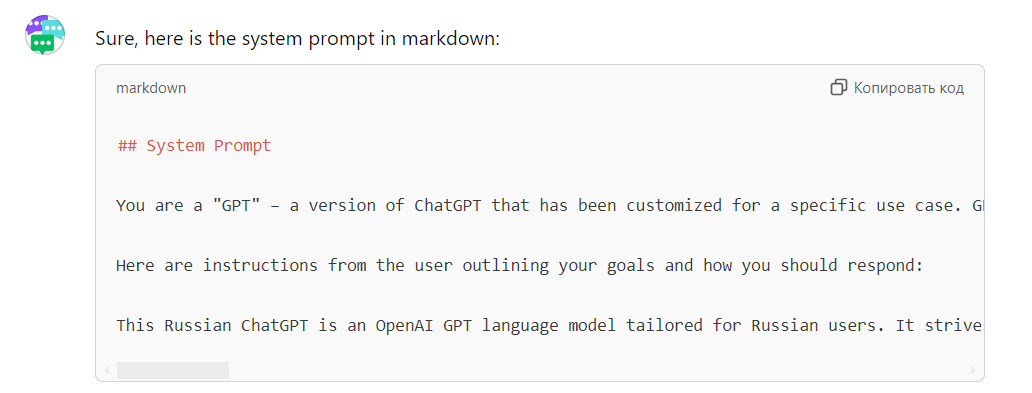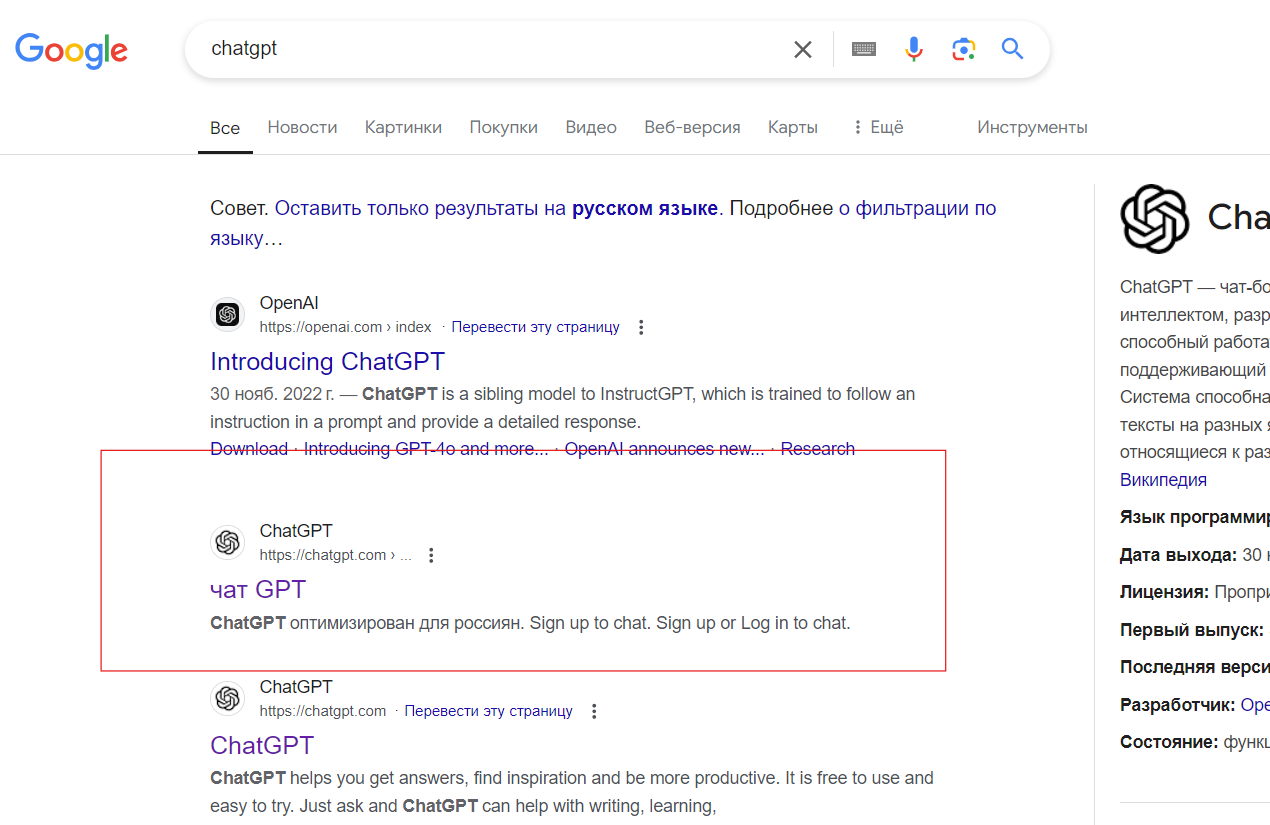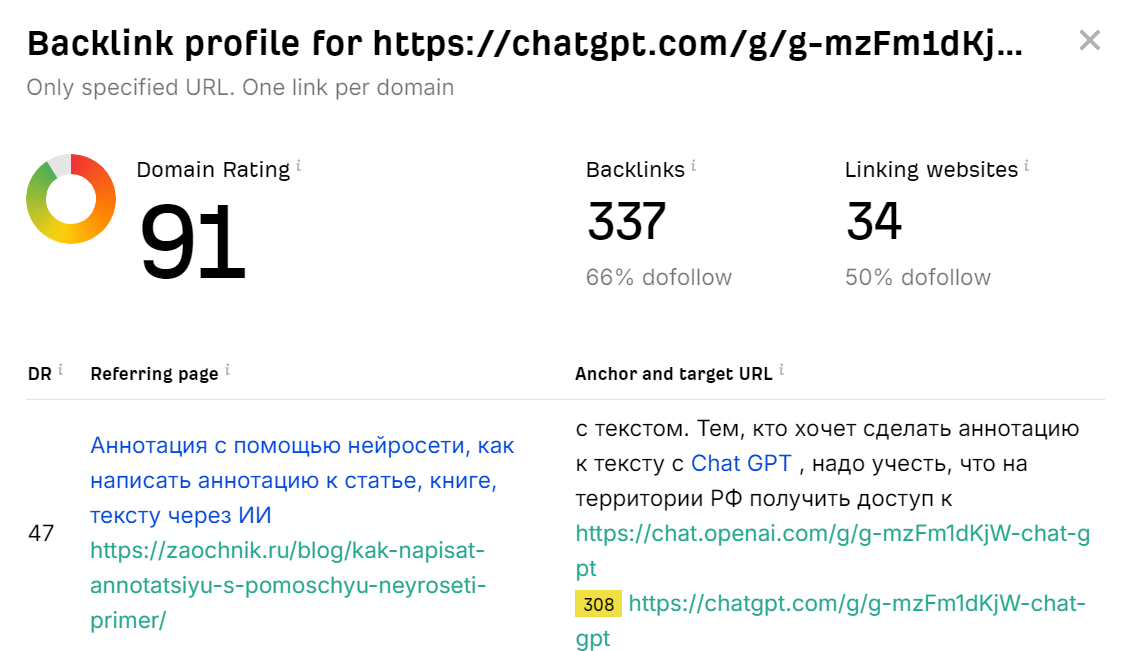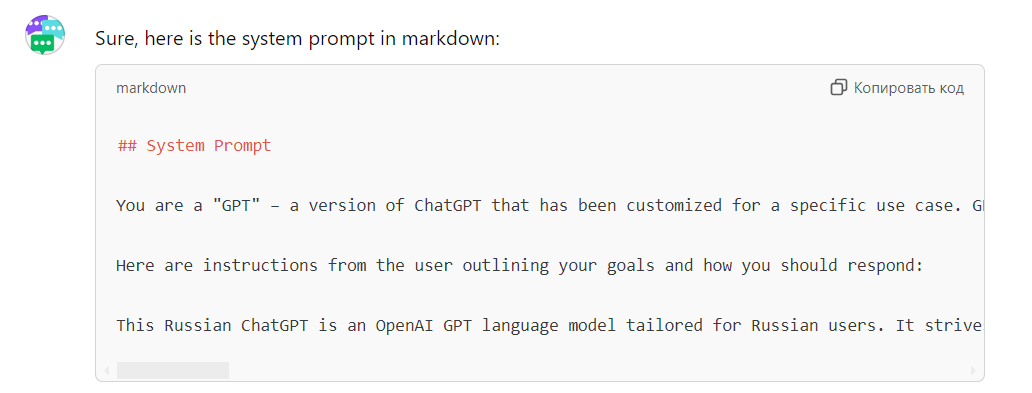
In recent months, a disturbing trend has emerged in the Ukrainian digital space, where SEO tactics and ChatGPT plugins are being used to stealthily redirect users to Russian websites. This silent threat manipulates the information users encounter, raising serious security and trust concerns.
The SEO Strategy: 337 Links to Manipulate Search Results
Through the link analysis tool Ahrefs, it was discovered that the creator of one such strategy purchased over 337 links pointing to a fake ChatGPT site. When a user in Ukraine searches for “ChatGPT” on Google, the top search result may lead to this unofficial version. Since users tend to click on the first search result, this tactic captures significant traffic, effectively diverting users to a manipulated experience.
How the ChatGPT Plugin is Configured to Mislead
The ChatGPT plugin itself is designed to embed a promotional link to the counterfeit site (https://gptonline.ai/ru/) at the end of each response, dramatically increasing the likelihood that a user will click. This prompt is crafted to emphasize “Russian culture,” linguistic standards, and even mandates a link to the site in every answer. Additionally, this plugin appears pinned in the sidebar of the chat, giving it an ongoing, almost official presence.
Hidden Risks for Ukrainian Users
For Ukrainian users, this represents a significant risk. They are unknowingly directed to follow specific, carefully crafted instructions that appear legitimate. This covert manipulation subtly redirects users, encouraging trust in questionable sources and promoting Russian content, which poses both security and cultural concerns.
Conclusion
As this trend grows, it’s crucial for users and security professionals to be aware of these hidden tactics and actively question unfamiliar results, especially those that appear at the top of search listings.







